Danielle Boughey
I am a current participant of the Gold Duke of Edinburgh scheme, having in fact only begun several months ago. While I have enjoyed every section of the award, by far the part I have found the most meaningful is my volunteering section. At the recommendation of my award leader, I turned to online volunteering as an alternative given the current circumstances, and decided to become a volunteer on an archiving website called Zooniverse. It allows for interested groups to set up a portal through which volunteers can assist in the transcription and archiving of data from documents pertaining to a certain topic, often things like animal density in certain areas. However, the project I chose to volunteer on was one I found singularly crucial and appropriate in this time of conflict and uncertainty - transcribing the data of victims of the concentration camps from the Second World War. Although I was of course aware of the tragedy of this situation, I was not prepared for the sheer impact it could have so many years later, especially on someone so far removed. One of the first set of documents I encountered was that of a young man, only 17 years old at the time of his incarceration, stamped with a date of death for less than a year later. Another had a picture of the victim, a handsome, blond haired man in his twenties, the name of his parents included in the data. I think it is so crucial that these stories are not forgotten, the stories of individuals with their lives ahead of them who were stolen away in their effort to fight against injustice. Especially now, in a climate of daily deaths and attacks on human rights, it is more critical than ever to absorb the lessons of the past, to ensure we do not repeat them in the present, and I am so grateful to the Duke of Edinburgh project for allowing me to better understand the pain people experience when faced with oppression, and their examples on how to oppose it.

